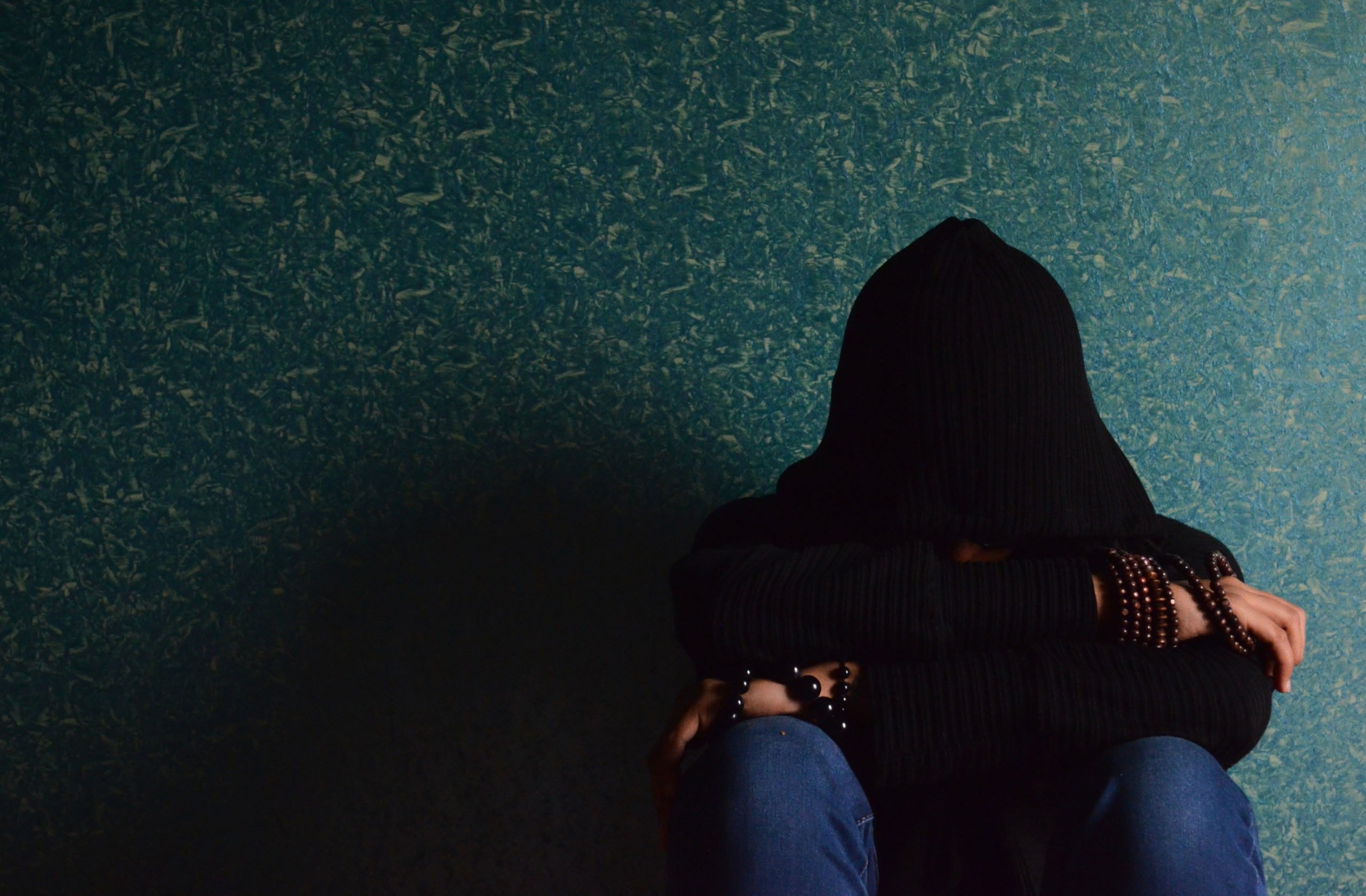Q&A: How physics could explain why people respond differently to coronavirus infection
Some people’s immune systems contain pre-existing protection against coronavirus, indicating that they have encountered a similar infection to Covid-19 before, according to Dr Aleksandra Walczak, a physicist at École Normale Supérieure in Paris, France. Her team uses statistical physics to model the human immune system and try and predict how it will behave. She is currently … Read more






